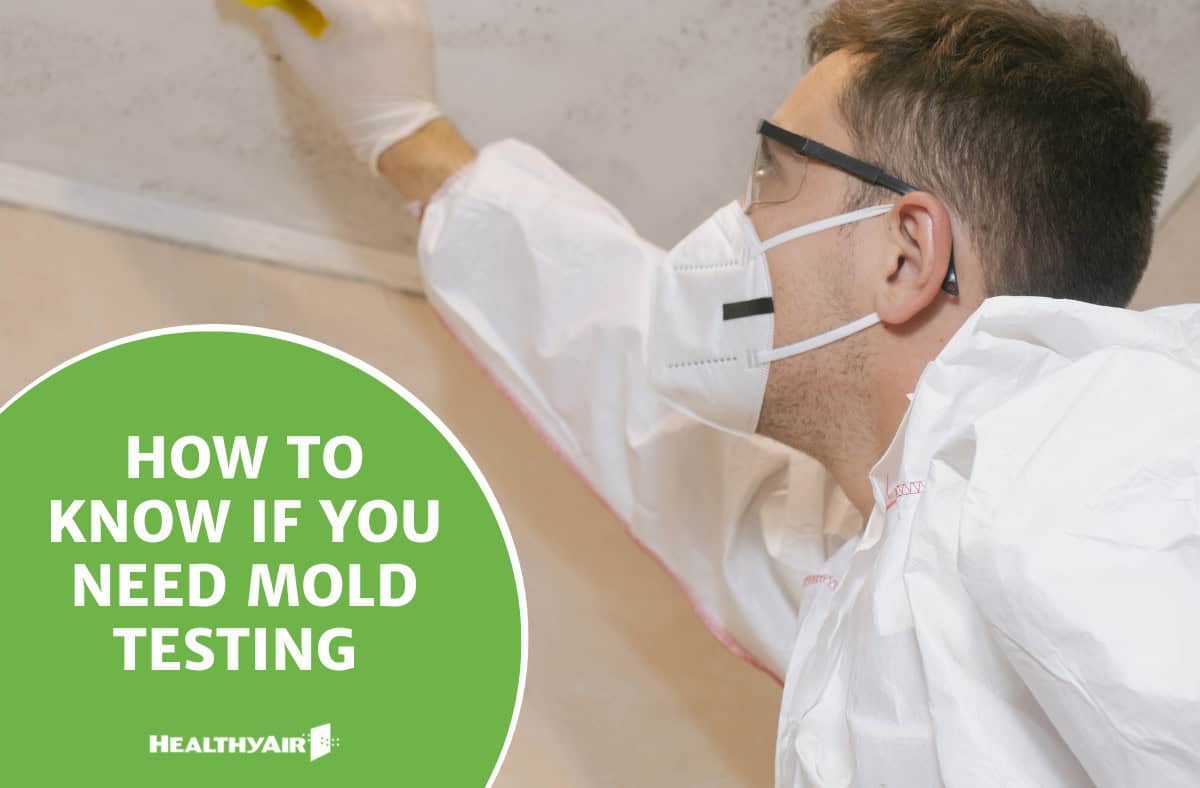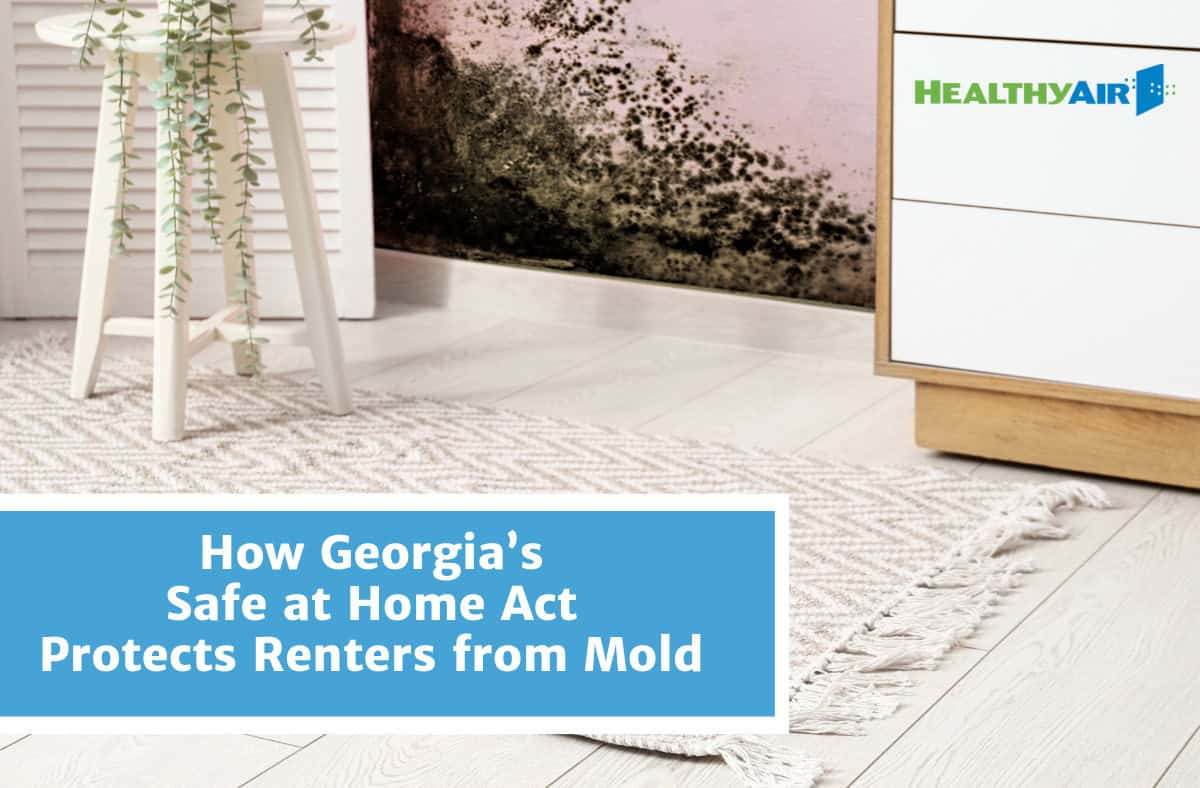Can Mold Affect Your Mental Health?

The Relationship Between Mold Exposure and Neurological Conditions
Mold illness and mental health issues like dementia, Alzheimer’s disease and depression may seem like unrelated conditions, but there is a growing body of evidence that exposure to mold can have negative effects on brain health. Mold toxins can be highly neurotoxic and have been linked to a range of neurological conditions and symptoms, including dementia.
One of the primary ways that mold toxins can affect the brain is by interfering with neurotransmitter function. Neurotransmitters are chemical messengers that transmit signals between nerve cells. Disruptions to this process can have a range of negative effects on brain function. Research has shown that mold toxins can disrupt neurotransmitter function by inhibiting the production of certain neurotransmitters like serotonin or dopamine, and by interfering with their release or uptake.
One study published in the Neurotoxicology and Teratology journal found that exposure to mold toxins can impair the function of glutamate, a neurotransmitter that is essential for brain function. The study found that exposure to mold toxins led to a reduction in glutamate release and update, which can have negative effects on memory and cognitive function.
Another way mold toxins can affect the brain is by causing inflammation. Chronic inflammation has been linked to a number of neurological conditions, including dementia, Alzheimer’s disease and Parkinson’s disease. Mold toxins can trigger an inflammatory response in the brain, which can damage brain cells and increase the risk of neurological symptoms.
Research also has found a link between exposure to mold toxins and the development of Multiple Sclerosis (MS), a chronic autoimmune disease that affects the nervous system. A study published in the journal Neurobiology of Disease found that individuals with MS had higher levels of exposure to mold toxins than individuals without MS. The study suggested that mold toxins may trigger an autoimmune response in susceptible individuals, leading to the development of MS.
Mold exposure can trigger other psychiatric issues, including:
- Inflammation in the hippocampus, the area of the brain responsible for learning, memory and the sleep-wake cycle
- Decreased formation of new brain cells
- Increased sensitivity to pain
- Decreased learning of new information
- Disorientation or confusion
- Panic attacks
Mold toxins have also been linked to other brain-related symptoms such as headaches, dizziness, brain fog, depression, anxiety, concentration problems and insomnia. These symptoms could be the result of the inflammatory response triggered by mold toxins.
Not all molds produce mycotoxins, and not all individuals who are exposed to mold will develop mold illness or neurological symptoms. But individuals who are sensitive to mold or have a weakened immune system may be at an increased risk of developing mold-related health issues. Reducing exposure to mold and addressing air quality, especially in places where you spend a lot of time, like your home, is critical to avoiding mold-related illness and symptoms.
There are also steps you can take to reduce inflammation and support brain health, including eating a healthy diet that is rich in anti-inflammatory foods such as fruits, vegetables and omega-3 fatty acids. These foods can help reduce inflammation and support brain function. Exercise can also have anti-inflammatory effects and can help protect against the negative effects of mold toxins on the brain. Sweating, whether from exercise or use of a sauna, can help the body detoxify and reduce the mold toxin load. Supplements like Vitamin D, omega-3 fatty acids and curcumin may also be helpful in reducing inflammation.
If you’re experiencing unexplained symptoms, including mental health issues, it’s always smart to seek guidance from your physician. But it’s also important to remember that mold can be a hidden or silent cause of many health problems, including psychiatric issues. The first step to recovering from mycotoxin illness and chronic inflammatory response syndrome (CIRS) is eliminating exposure to the moldy environment, whether in the home or at work. Only then can you begin to recover from the harmful health effects of mold toxicity.
If you’re concerned that you and your family are being exposed to mold in your home, contact Healthy Air USA for help. We offer services to test and identify the sources of mold.



